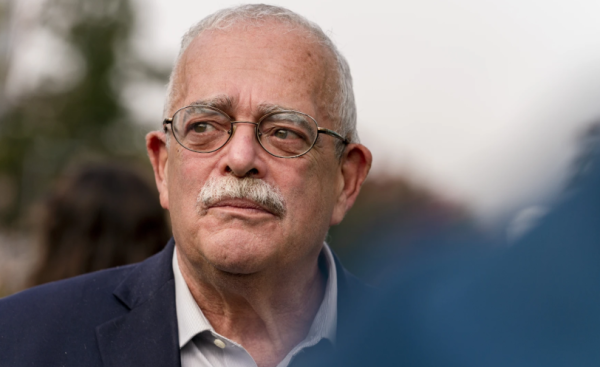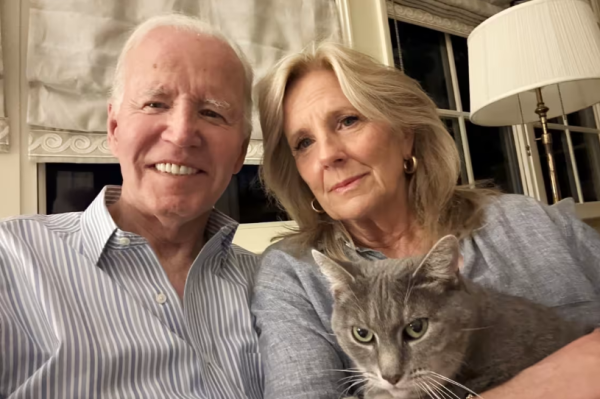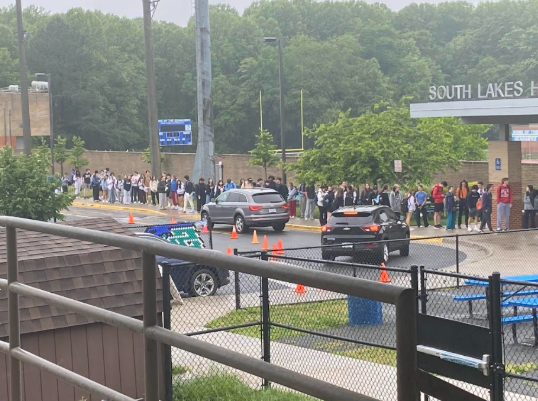Elite College Admissions

photo courtesy of www.theconservativecartel.com
Recently the college admission bribery scandal, dubbed “Operation Varsity Blues,” has come to attention. The scandal involved fake test scores and fake athletic credentials. This has raised questions about how much of an edge wealthy families, student athletes, and “legacy students” have in the admissions process when it comes to getting into high-level colleges such as Stanford, UNC, Brown, Columbia, Cornell, Dartmouth, and Yale. Over the last few years, many research studies have concluded that college admission officers give these groups special treatment. One study on the admission rates at 30 top-tier schools figured out that the odds of legacy students getting accepted into the university was almost 16 times higher than the rest of the applicants. A different study, focused on 3 private research universities, concluded that the edge given to student athletes is equivalent to 200 extra points on the SAT. Private schools are not required to share this data with the public, which means that it is hard to keep track of how these admission policies have changed and how their admission rates compare with other schools at the regional and national level.
Another aspect of “Operation Varsity Blues” is the fact that wealthy families are paying for their kids to receive spots on big-name sports teams, it’s said that there is certainly a bias to these wealthier families. These wealthier families can afford more academic support and are able to afford these pricey sports. If the schools already have more of a prestigious background then they will be more willing to accept these bribes. Today, many elite universities claim that they rely on legacy status (preference given to you while applying to the same college your parent(s) went to) the same way that they would rely on any other student characteristic in order to create a diverse community. Critics say that this process is unfair and favors white students. Some of the top schools in the U.S. (Berkeley, Texas A&M, US Military Academy) have eliminated this policy after being criticized “for maintaining legacy preference when it had stopped considering race in admissions.”
Well, what happens after Operation Varsity Blues? Colleges that were involved in the scandal, such as Yale, Stanford, and USC have approached the situation in different ways. USC has rejected future applicants who were involved in the scandal, Yale has been receding their admission offer for those involved, and Stanford expelled an anonymous female student who was apart of the scandal trying to bribe her sailing coach by giving him a donation. Because of these scandals, it could be possible that in the future these colleges would get rid of their legacy policy.

Brooke is a senior and the News Editor of the South Lakes Sentinel! This is her second year in journalism. In her free time, she loves to read, write,...















